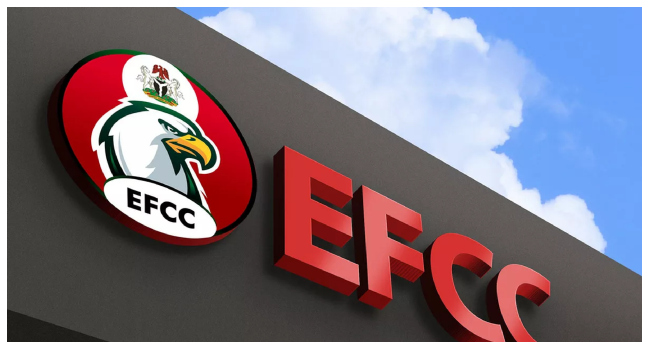Fresh questions are being raised about the state of Nigeria’s railway system following yet another train derailment, marking the 188th such incident within the past six years. The latest mishap has sparked outrage among commuters, stakeholders, and safety advocates, who argue that the recurring accidents expose deep flaws in both security contracts and the overall maintenance culture of the sector.
Analysts point out that despite billions spent on railway rehabilitation and modernization, frequent derailments have become a disturbing trend. The Abuja-Kaduna, Warri-Itakpe, and Lagos-Ibadan corridors — all critical to passenger and cargo movement — have witnessed repeated incidents that disrupt travel, threaten lives, and erode public confidence.
Critics are also questioning the role of private security firms and contractors tasked with protecting rail infrastructure and ensuring operational safety. They argue that despite the heavy security presence, vandalism, poor track integrity, and inadequate technical checks continue to plague the system. The recurring failures, many say, point to lapses in oversight, accountability, and transparent procurement.
Beyond security concerns, maintenance culture has come under sharp scrutiny. Experts have long warned that while Nigeria has invested in new locomotives and carriages, the upkeep of tracks, signals, and safety systems remains weak. The situation, according to railway unions, stems from inconsistent funding, lack of technical expertise, and political interference in contract awards.
With the latest derailment adding to the grim tally, stakeholders are calling for a comprehensive audit of Nigeria’s railway operations, including all security and maintenance contracts. Many are urging the Federal Government to prioritize safety reforms, enforce accountability on contractors, and establish a clear maintenance framework that aligns with international best practices.
Until such measures are implemented, commuters fear that Nigeria’s railway system will remain vulnerable, raising doubts about the viability of the country’s push for modern rail transport.
More than news- Its Icegate


Нужен проектор? магазин проекторов большой выбор моделей для дома, офиса и бизнеса. Проекторы для кино, презентаций и обучения, официальная гарантия, консультации специалистов, гарантия качества и удобные условия покупки.
проектор для кинотеатра интернет-магазин проекторов в Москве
квартира в сочи жк светский лес сочи
химчистка покраска обуви химчистка обуви
Играешь в казино? upx Слоты, рулетка, покер и live-дилеры, простой интерфейс, стабильная работа сайта и возможность играть онлайн без сложных настроек.
Лучшее казино up x официальный играйте в слоты и live-казино без лишних сложностей. Простой вход, удобный интерфейс, стабильная платформа и широкий выбор игр для отдыха и развлечения.